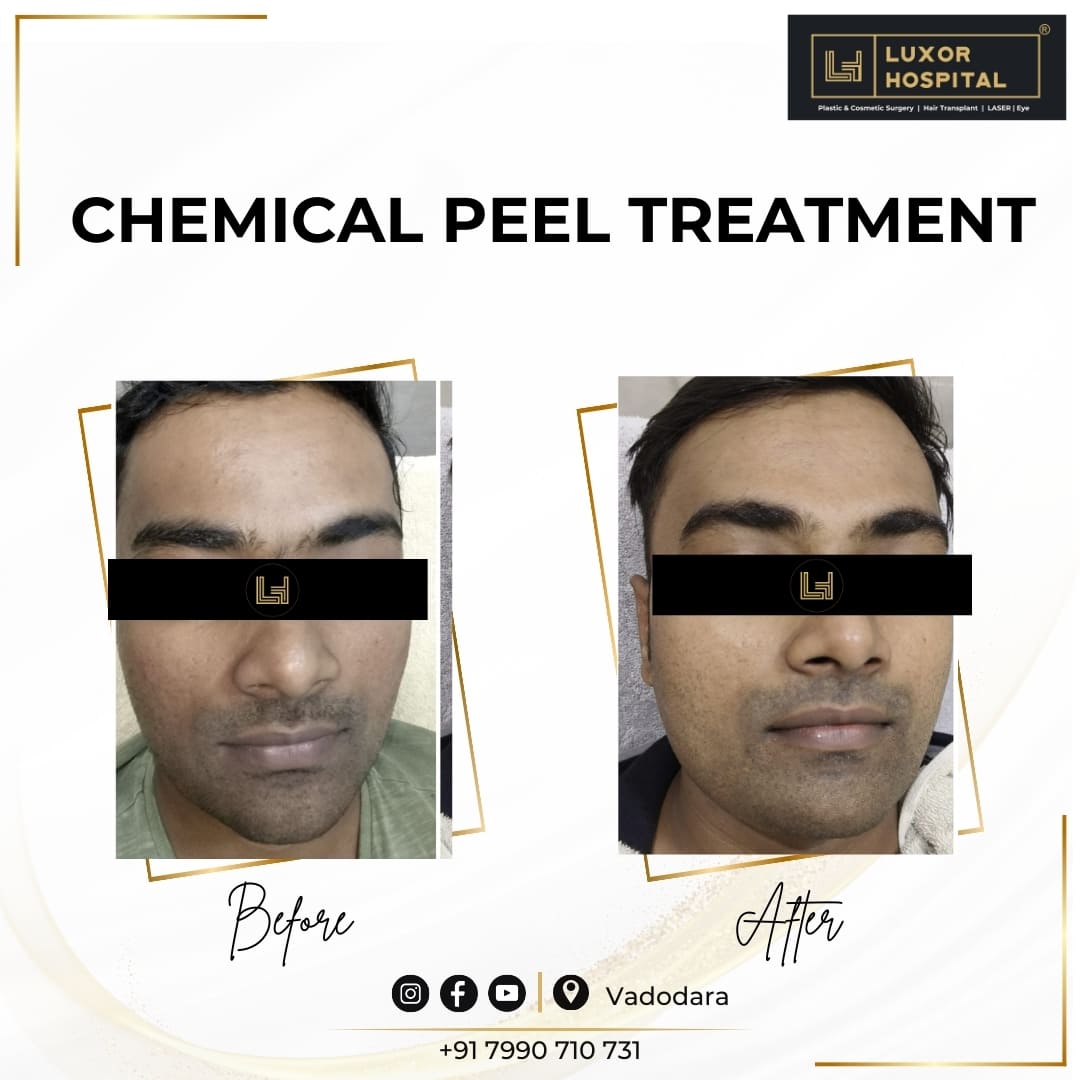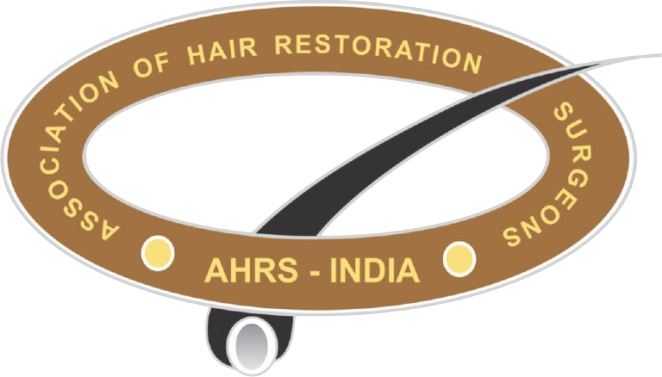Chemical Peeling
Chemical Peeling
Introduction
Chemical peeling is a skincare procedure that involves applying a chemical solution to the skin to exfoliate and remove the outer layers, revealing smoother, younger-looking skin. It can improve skin texture, reduce fine lines, treat acne scars, and even out skin tone. There are different types of chemical peels—superficial, medium, and deep—each designed to target specific skin concerns.
Who Can Get It?
-
Ideal for individuals with uneven skin tone, acne scars, fine lines, or sun damage.
-
Suitable for most skin types, though deeper peels may not be recommended for darker skin tones. Individuals with active skin conditions like eczema or rosacea should consult a professional before proceeding.
How Safe Is It?
-
Chemical peeling is generally safe when performed by a licensed professional. Risks include redness, swelling, or irritation, particularly after deeper peels. Infection or scarring is rare but possible, especially with improper aftercare.
Pros & Cons
Pros: Improves skin texture and tone; reduces acne scars, hyperpigmentation, and fine lines; minimal downtime with superficial peels.
Cons: May cause temporary redness, dryness, or peeling; deeper peels involve longer recovery; multiple sessions may be needed for optimal results.

What types of chemical peels are available?
Chemical peels vary in strength. Superficial peels treat mild skin concerns, while medium and deep peels target more significant issues like deeper wrinkles or severe pigmentation.
How long does it take to recover from a chemical peel?
Recovery time depends on the type of peel. Superficial peels have minimal downtime (a few days), while medium to deep peels can require several weeks for full recovery.
Are the results permanent?
Results from chemical peels can be long-lasting but are not permanent. Maintaining healthy skin through proper skincare and sun protection is essential to prolong the effects.
Medical Association!
Book a Consultation on WhatsApp!
Chat with us on WhatsApp or book a Consultation to explore how we can help you with your needs!






